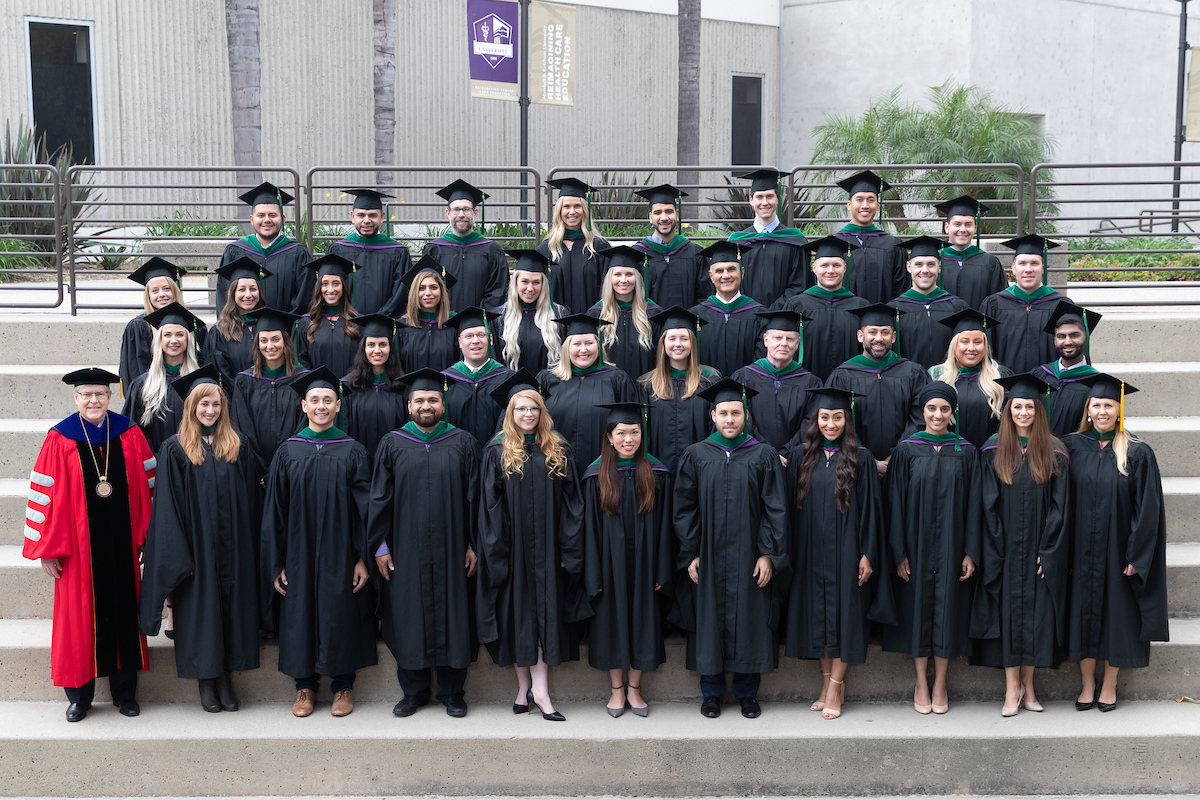Earlier this year the National Commission on Certification of Physician Assistants (NCCPA), the organization that administers the PANCE certifying exam, sent out to PA schools across the country a warning of sorts: with respect to the PANCE – a 5-hour, 300-question comprehensive test that covers all areas in medicine and which every PA from an accredited institution must pass in order to apply for a state license to practice – they expected a reduced pass rate, for the simple reason that they had raised the passing standard and updated exam questions. While this news might have brought about some anxiety in the PA candidate prepping for the test, Allison Mollet, MMSc., PA-C, Program Director for MBKU’s School of PA Studies understood the importance. “They want to make sure the PANCE is only certifying highly-qualified individuals,” she explains. “Having a difficult board exam is important because it protects patients and it protects our profession, ensuring that PAs meet certain standards.”
So far, every single PA graduate of Ketchum University has met this standard on the first try.
When 100% of the latest graduating class passed the now more difficult version of the PANCE, it maintained MBKU’s average with four years of data at a perfect 100% overall. This is an average that exceeds those of long-established PA programs with strong reputations, and it places Ketchum there among the very best in the country. It’s worth noting that while students at Ketchum benefit greatly from the small class size of the PA Studies program, this factor alone doesn’t account for Ketchum’s accomplishment; many of the other top programs in the country have class sizes about the same as or smaller than Ketchum’s.
What really accounts for this success is a variety of factors, chief among them the very high quality of student enrolled at MBKU and each student’s hard work to complete their education and become the best PA they can be. Students are supported in this goal by an institution that both demands the very best, but that also offers multiple pillars of personalized support. “Our mission and our goals drive our standards here,” says Mollet. “We have a higher threshold for passing classes than many others, and that might mean more work for us in terms of instructional strategies, remediation, and student support, but it’s working. Students are successfully rising to meet that bar and our graduates are well-prepared to care for patients.”
Ketchum students also benefit from faculty and staff who consistently go above and beyond to ensure their students’ progress. “Faculty put their heart and soul into their courses,” explains Mollet. “Whatever it takes, whether it’s revising an exam, tutoring a student, or developing a new assignment, they are always pushing students to be their best and working extremely hard to put student learning above everything else.” MBKU’s staff is also very involved in and committed to the achievement of its students. One strong example of this is when it comes time for clinical rotations. Staff assist in placing students in rotations that are suited to the students’ strengths and learning styles. “We are purposeful with our placements. We know the personalities of our students and our preceptors, and place students strategically to create the best learning environment for that particular student.” And both faculty and staff work together on what is another key contributor to MBKU’s success, which is the many systems in place at the school to monitor students’ progress and intervene if necessary with tailored support.
As Program Director, Allison Mollet is quite obviously deeply proud of SPAS faculty, staff, and students. More than anything, PA Mollet is grateful to have a team of faculty and staff that are able to balance the right amount of academic “push” while demonstrating caring support to help each student succeed. “Everyone in our School has a shared goal and mission that puts students’ learning as top priority, and this is not something you find everywhere.” MBKU’s perfect record with graduates passing the PANCE also puts the institution and its deserving community on the map. “Being a newer program, not everyone has heard of us,” she says. “As we go on, we will continue to be motivated, not by one certifying exam, but by our students and the impact they will make in the lives of patients as practicing PAs.”

